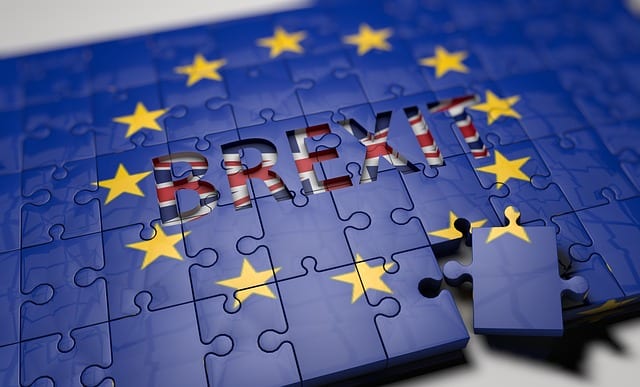While formal talks for round eight of the UK-EU negotiations begin tomorrow, 8 September, informal talks last week resulted in much of the same pessimistic headlines as previous rounds.
News outlets are reporting that Boris Johnson is calling 15 October as the final date to agree a deal before walking away, which is the same date as earlier reports saying the EU wanted to finalise a deal ahead of the EU summit October 15-16. In any case, the trade deal must be presented to the European Parliament November 26 for ratification.
1 September we heard how the prospects of agreeing a deal with the EU were dwindling. Boris Johnson’s official spokesman stated “the EU continues to insist that we must agree on difficult areas in the negotiations, such as EU state aid, before any further work can be done in any other area of the negotiations, including on legal texts, and that makes it very difficult to make progress” (Guardian). Both sides are placing fault on the other and with no signs of compromise it’s hard to see past the impasse.
Bloomberg reported on 3 September how a leaked document memo revealed preparations for the end of the transition period had “critical gaps” and parts that were “unmanageable”. 13 key risks were flagged to ministers, including new IT systems which are still in development with fewer than four months left. The Road Haulage Association (RHA) and other lobby groups contacted Michael Gove, responsible for Brexit preparations, and meetings are being set up with logistics experts as a result.
According to rte.ie, eight organisations requested the meeting with Gove and they felt the UK-EU supply chain “will be severely disrupted” from January if the issues aren’t resolved. Richard Burnett, Chief Exec of the RHA, said “there are a range of critical issues ranging from the SmartFreight app and other untried and untested IT systems, to the lack of customs agents and clear processes for tackling the mountain of red tape traders will face.”
In news outside of the UK-EU negotiations, the BBC reported 3 September that the government is pushing to end tariffs on UK-made ice cream vans during trade negotiations with the US, Australia and Japan. Currently a 5% tariff is chargeable on the vehicles which cost around £80,000. The UK remains one of the world’s leading exporters of the vehicles despite a fall in production over the past few decades.
News on 4 September that former Prime Minister of Australia, Tony Abbott, had been appointed to Britain’s Board of Trade raised debate and controversy (ABC News). Chris Bowen, Australian MP, called out whether there was a conflict of interest if insights from his former role were used in his new role in a foreign country. Attorney General Christian Porter rebutted this by saying “Mr Abbott will no doubt be aware of the routine requirements for former Cabinet Ministers under the Foreign Influence Transparency Scheme”. Criticism also came from Labour and Conservative MPs in the UK over comments he’s made.
Reuters shared 6 September how the European Union was apparently demanding a potential veto on Britain’s post-Brexit laws and regulations, as reported by The Times newspaper on Saturday, citing senior government officials. It was said that Michel Barnier was insisting that London must agree not to implement any change to UK legislation that could distort trade with the bloc without first consulting Brussels; however, David Frost rejected the approach.
BBC reported 6 September how the UK’s chief negotiator, David Frost, wasn’t scared of walking away without a deal. Dominic Raab spoke on the Andrew Marr Show and said fishing and state aid were “the only two points holding us back”. The report explains that the EU wants to continue fishing in our waters in return for giving the UK fishing industry full access to EU markets. On state aid they were concerned the UK would subsidise businesses therefore giving them an unfair advantage over European competitors.
On 7 September we heard of yet another threat to the negotiations. The Guardian reported how the UK Government was due to publish part of the internal market bill which would allegedly negate part of the withdrawal agreement involving state aid and customs arrangements for Northern Ireland. While this attracted warnings from von de Leyen, president of the European commission, (Guardian), a government spokesperson said “as a responsible government, we are considering fall-back options in the event this is not achieved, to ensure the communities of Northern Ireland are protected.” The result of a no-deal could be a £3.3tn decline in the value of the UK’s output, more than the economic shock of Covid, according to Thomas Sampson, an LSE economics professor.
Dorset Chamber delivers a free of charge Brexit advice service to all businesses, funded by BCP Council and Dorset Council. For information and advice please contact us at gateway@dcci.co.uk / 01202 714800 or visit http://www.dorsetchamber.co.uk
